This post may contain affiliate links. Please read my disclosure policy.
Struggling to fall and stay asleep these days? Practicing good sleep hygiene can feel impossible, but creating a few simple habits can be transformative! We’re sharing all of our best tips in this Guide to Better Sleep to help you get the best night’s sleep possible!
Tips for Better Sleep
I’m a new mama over here, which means I hardly have to tell you that the sleep patterns in our house have changed! I’m loving every minute with Skylar Jade (and I’ll share more about our first few weeks together soon!), but let’s be real — I’m tired. I’m not getting as much sleep as I was used to getting pre-baby, which has been a major adjustment.
And I know I’m not the only one struggling with sleep issues! Maybe you’re also a parent who is up in the middle of the night with a little one on the regular… or maybe you’re kid-free and still find plenty of reasons to lose sleep. After all, our world is pretty stressful these days. Whether you have trouble falling asleep or staying asleep, you’re probably tired. I see you — and I want to help!
I’m not the only one who can recognize how widespread sleep issues are these days, either. According to the American Sleep Association, 50 to 70 million American adults have a sleep disorder. Short-term insomnia symptoms are reported by 30 percent of adults, and 10 percent suffer from chronic insomnia. More than one-third of American adults reported accidentally falling asleep during the day at least once in the month before they were surveyed.
We would all feel a lot better, get a lot more accomplished, have a lot more fun, and avoid a lot more sleep-related issues (like falling asleep at the wheel!) if we could figure out how to sleep better. I’ve compiled everything I’ve learned about sleep — and how to get more of it — in this post.
First, let’s address a very important question…
How much should I be sleeping?
There’s no single way to answer this question. Sleep needs are different for everyone. Your sleep needs are determined based on your age, lifestyle, your activity level, and your overall health. Still, there are some rules of thumb that can help us get on the right track.
Here are the recommended hours of sleep for each age group, according to the National Sleep Foundation:
- Newborns — 14-17 hours daily
- Infants (4-11 months) — 12-15 hours daily
- Toddlers (1-2 years) — 11-14 hours daily
- Preschoolers (3-5 years) — 10-13 hours daily
- School age children (6-13 years) 9-11 hours daily
- Teenagers (14-17 years) — 8-10 hours daily
- Adults (18-64 years) — 7-9 hours daily
- Older adults (65+ years) — 7-8 hours daily
It’s worth noting that all of these recommendations were recently increased relative to an older set of recommendations, thanks to research on the importance of sleep for overall health.
When trying to figure out how much is enough sleep for you, the National Sleep Foundation suggests asking yourself questions about your productivity, mood, health issues, disease risk, and caffeine consumption. Once you’ve assessed each of these factors and the role they play in your own routine, you can figure out whether you should be at the lower or higher end of the recommended ranges above.
Why is sleep so important?
There are plenty of health benefits to sleep. In an article for Harvard Women’s Health Watch, one doctor described sleep as “absolutely vital to good health.” Vital!
Per Harvard Health, people who regularly get less than their daily recommended hours of sleep are at a higher risk for diabetes, heart disease, stroke, cognitive decline, and other fatal conditions. A lack of sleep can also lead to faster weight gain and higher levels of the stress hormone cortisol. When you spend your days tired, you may also be more likely to sustain injuries from a lack of focus and concentration.
And I haven’t even mentioned the fact that it just feels crummy to be tired all the time! When we’re tired, it’s harder to enjoy the things and people we love. We can even find ourselves wishing our days away, waiting anxiously for the chance to get back into bed and try to sleep again.
It’s clear that sleep issues can be extremely impactful, and if you’re experiencing chronic insomnia or other sleep problems that you feel are impacting your physical and mental health, it’s probably time to see a doctor. But there are plenty of more minor changes you can make on your own to help you deal with a wide range of less serious sleep issues! Try implementing these suggestions into your routine…
Cut down on screen time!
You know that I’m a big believer in reducing screen time, especially before bed. When I cut back on my own late-night screen time, I started getting better-quality sleep. Sleep experts recommend this solution, too!
According to Sleep.org, the blue light emitted by our devices can suppress the production of melatonin, the hormone that helps to naturally regulate our sleep/wake cycles. With less melatonin, it’s harder to fall and stay asleep.
The problem goes beyond just the blue light, though. Spending time on our devices before bed can trick our brains into thinking that we need to stay awake. It’s tough to relax when we’re scrolling through Instagram, watching YouTube videos, or returning emails! Plus, if you’re messing around with your phone or tablet right before bed, you’re more likely to sleep with it nearby… which means that it can easily wake you up! (We aren’t perfect, though, so you might want to grab yourself a pair of blue light-blocking glasses!)
You can read all the details about how I personally limit late-night screen time in this post, but I encourage you to figure out what works for you! Sleep with your phone in another room, set a “curfew” for your devices, or adjust your phone settings to keep you out of certain apps in the evening. It’s an easy fix that can go a long way toward helping you wind down.
Try natural sleep enhancers.
I like to keep things safe and natural whenever possible. Healthline notes a few natural sleep aids that are supported by research:
You may find other natural sleep remedies already in your kitchen! While there is no scientific proof that drinking warm milk before bed can actually help you fall asleep, the University of Arkansas Health Center confirms that it can help you relax and feel more drowsy. Chamomile, valerian root, lavender, lemon balm, passionflower, and magnolia bark tea can also do the trick.
CBD is another option! You can diffuse CBD oil in your home to help you relax. Healthline confirms that CBD has been proven to promote sleep.
Create a bedtime ritual.
If you’re a parent, you probably have some sort of bedtime ritual for your kids. Why shouldn’t you have one?
There are benefits to having a fixed bedtime, so your ritual should start there. According to Healthline, a regular bedtime can help you increase the average number of hours you sleep. It’s best to maintain this bedtime as much as possible… even on weekends and vacation! It’s okay to stay up late every once in a while, but you will probably sleep better more often when you stick to this schedule.
Beyond your actual bedtime, your ritual should include anything that helps calm you down! Turn off electronics or grab blue light-blocking glasses, brew yourself a cup of tea (ideally, one of the sleep-enhancing teas I mention above!), crack open a good book, write in a journal, or try some mindfulness practices. Research from Harvard Health proves that mindful meditation, for example, fights insomnia and improves sleep. Test out different bedtime rituals until you find one that works for you! Doing this ritual every night for a long period of time will help you cue your body to start to unwind and sleep.
Adjust your nutrition.
Our in-house nutritionist Gabrielle McGrath is sharing her expertise about what to eat for better sleep…
Many studies — including one published by Advances of Nutrition in 2016 — found that diets high in unhealthy fat intake lower sleep efficiency and rapid eye movement and high slow-wave sleep and arousals. This all adds up to lower sleep quality. Sources of unhealthy fat include those commercially-baked pastries, cookies, doughnuts, muffins, cakes, pizza dough, packaged snack foods, and fried foods. This study also found that vitamin D was positively correlated with sleep efficiency and sleep quality. Rich sources of vitamin D include salmon, fortified milk, and egg yolks.
Blood sugar spikes can lead to you feeling hot, irritable, or unsettled in your sleep. Meanwhile, low blood sugar often causes nightmares and may make you wake up feeling sweaty or clammy. Before bed, it’s best to avoid foods that cause blood glucose spikes. Food products that cause a spike — and then a drop — in blood sugar are those high in carbohydrates, which are quickly converted into energy. Rice, bread, fruits, and sugar are a few examples.
There are foods you can eat and drink before bed that have a low glycemic index and won’t cause this spike, including avocados, vegetables, fatty fish, leafy greens, blueberries, nuts, whole grains, and eggs.
On the other hand, unrelated to what you eat before bed, sleep loss or interrupted sleep has a negative effect on glucose homeostasis and appetite regulation. It’s even more of a reason that sleep is so important!
Get more exercise.
It’s no secret that working out has about a million benefits for your health. Did you know that better sleep is one of them?
Per Johns Hopkins Medicine, people who get at least 30 minutes of moderate aerobic exercise may see a difference in sleep quality that same night. People tend to see this change happen pretty quickly, too!
If working out at night doesn’t seem to be helping you sleep, try exercising in the morning, instead. Exercise releases endorphins and raises the core body temperature, which can actually make you feel more awake. Getting your fitness in earlier in the day will allow you to cash in on its benefits later on.
Eliminate caffeine and alcohol at night.
It’s easy to feel tempted to indulge in a glass of wine, chocolate treat, or cup of coffee at nighttime. I’m all for treating yourself… unless it’s making your sleep issues worse!
According to the Sleep Health Foundation, caffeine acts as a stimulant both mentally and physically. Obviously, this will make it challenging to fall asleep!
And while you might think that a glass of wine or cocktail can help you sleep better, the opposite is actually true. Alcohol can make you drowsy, but it disrupts your sleep pattern later on in the night. Experts suggest that you stop drinking at least four hours before bedtime to avoid frequent sleep disturbances.
Sweet dreams, friends!
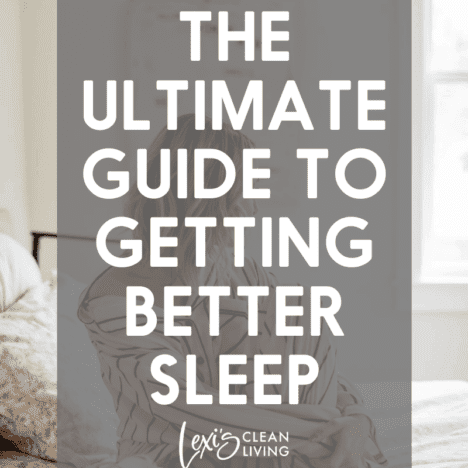
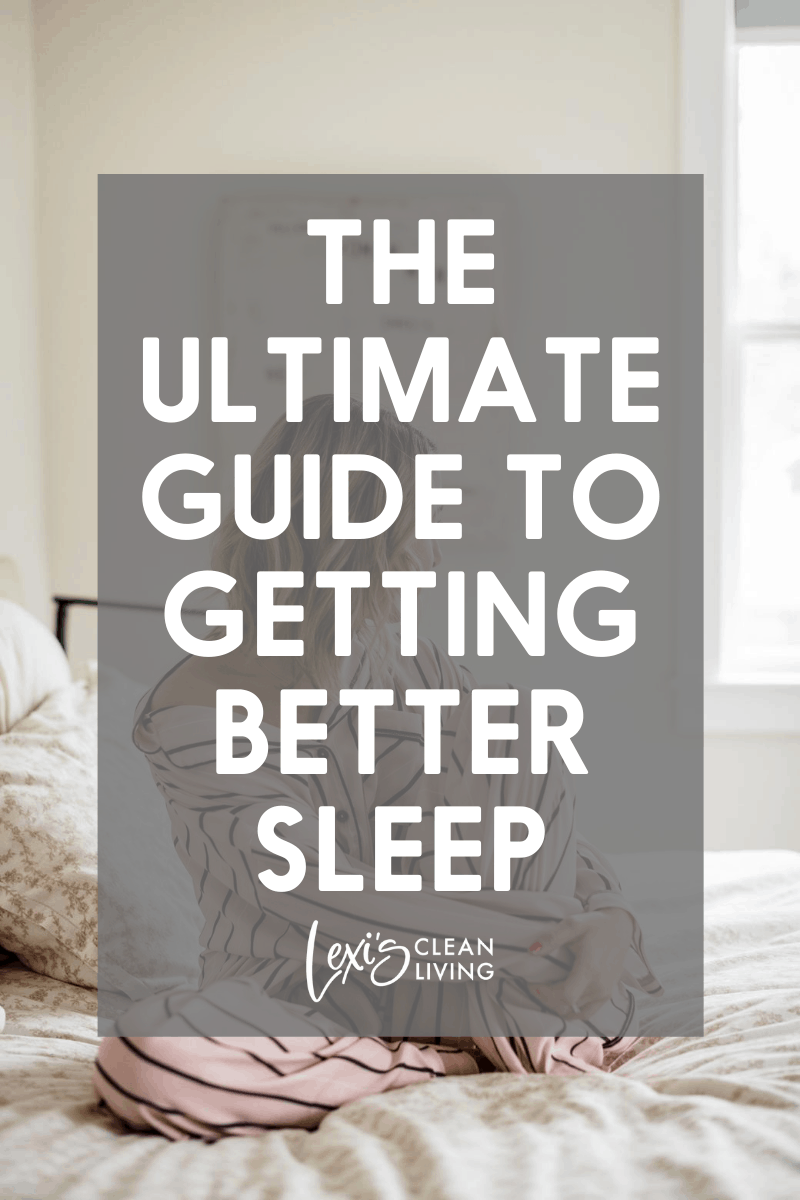
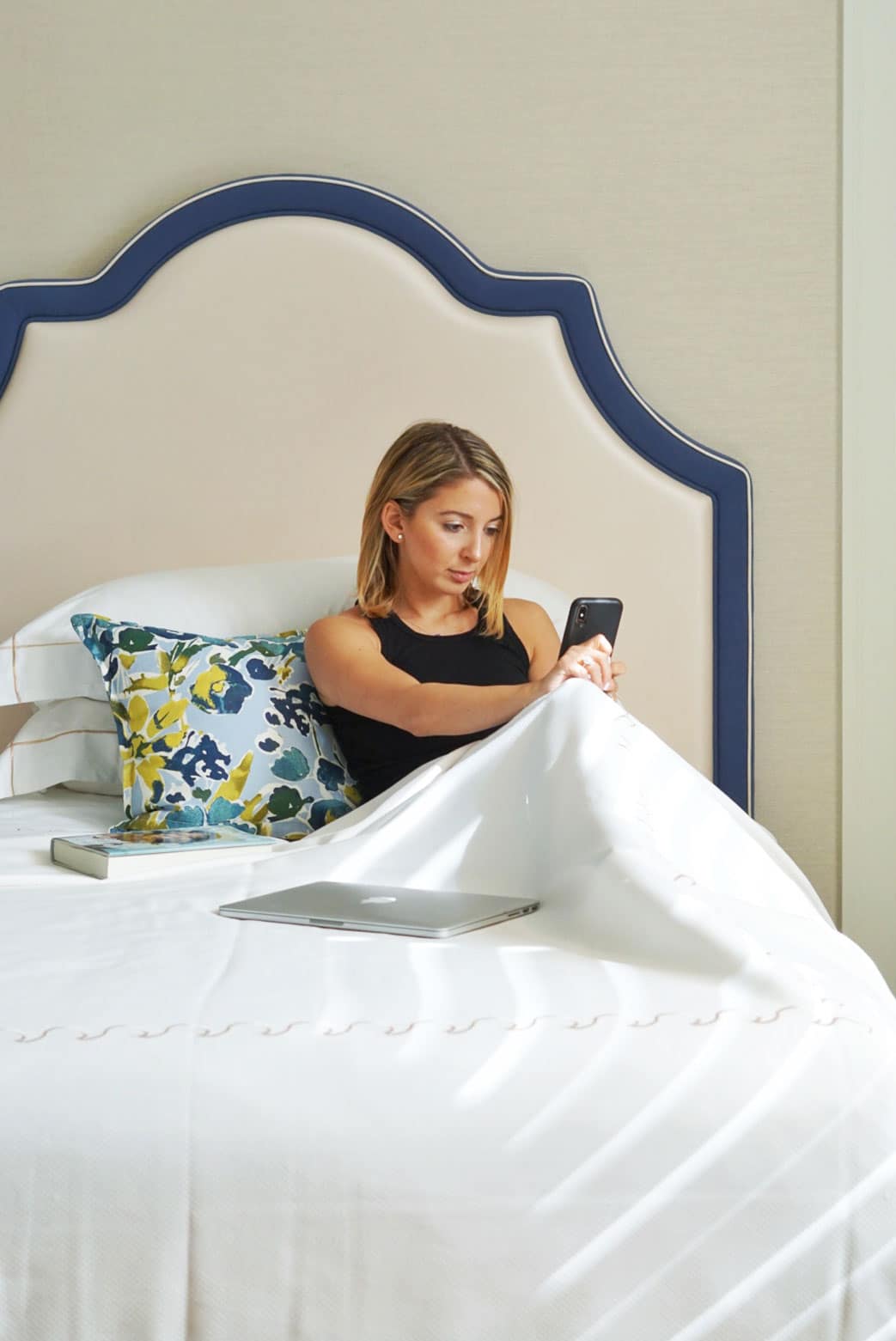
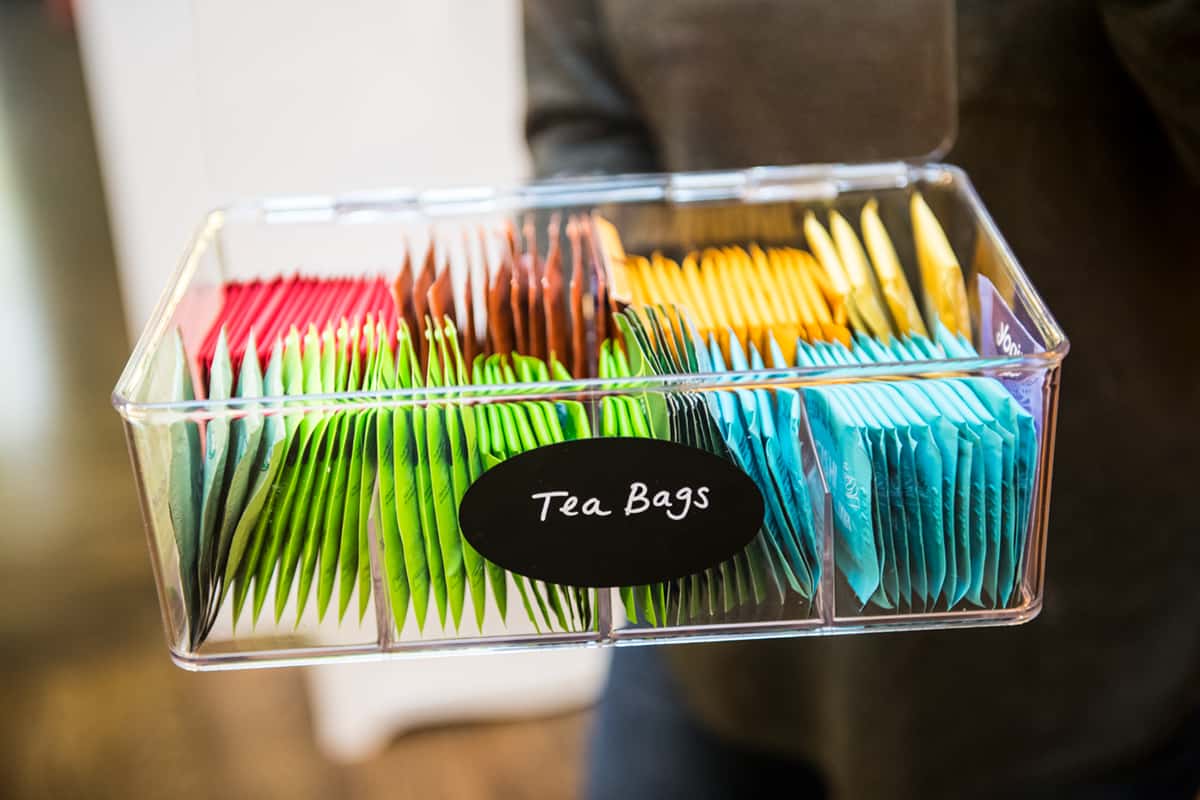

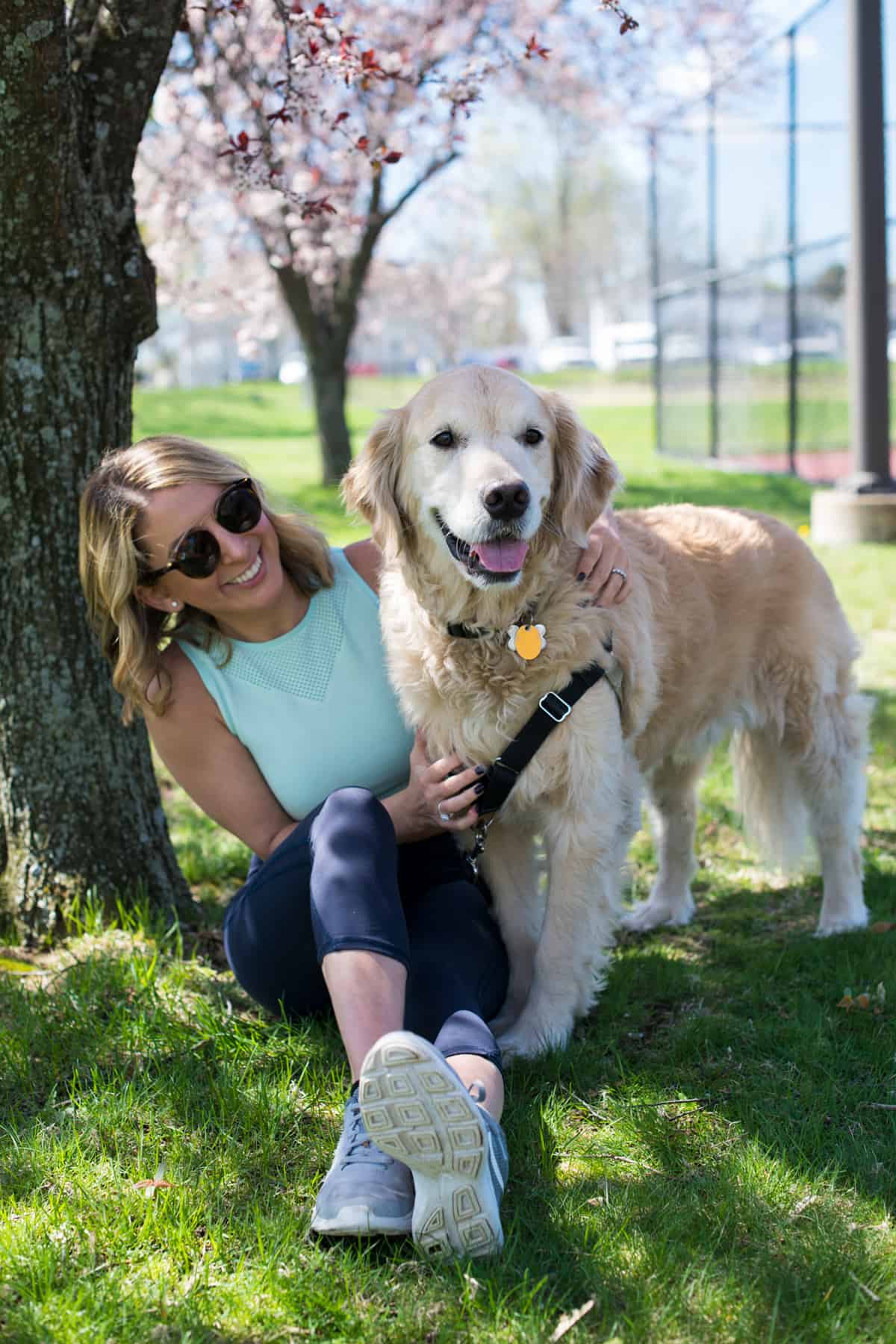
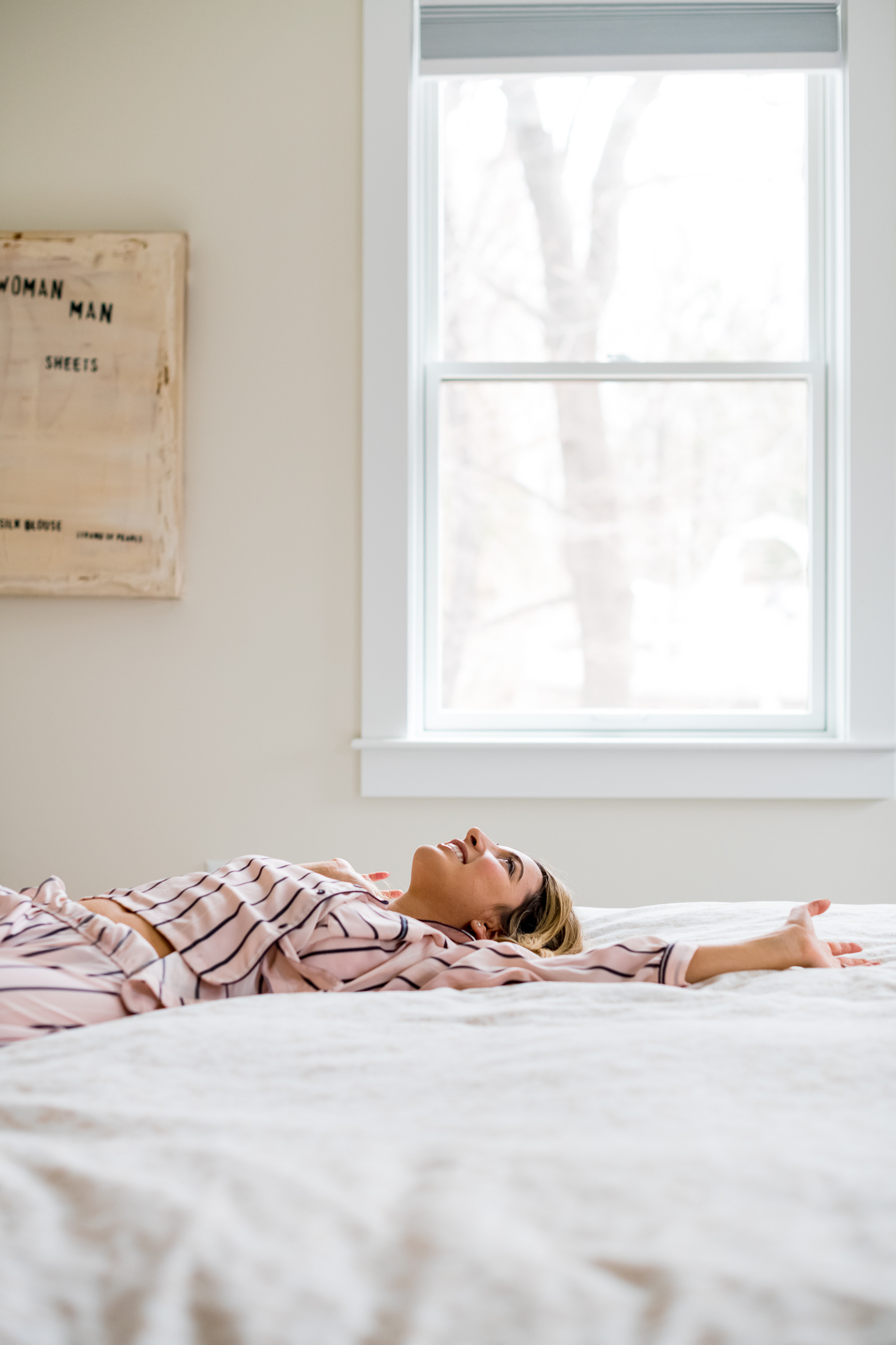
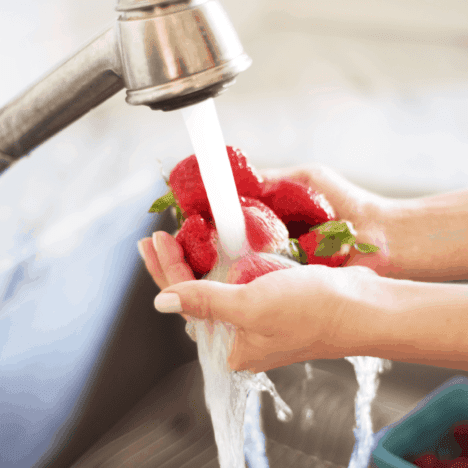
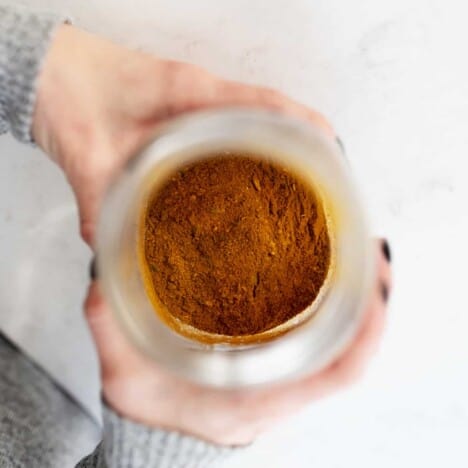
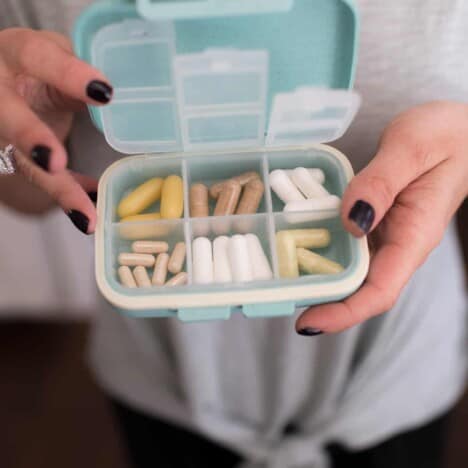


Maintaining a regular sleep schedule is highly beneficial but might not be so easy to incorporate into your daily life. However, with the help of CBD, you might start to notice that some of those sleep issues start to disappear.
thank you for so many good tips, had known about some of them, but forgot many and others like looking more closely at fats are great reminders, so thank you!